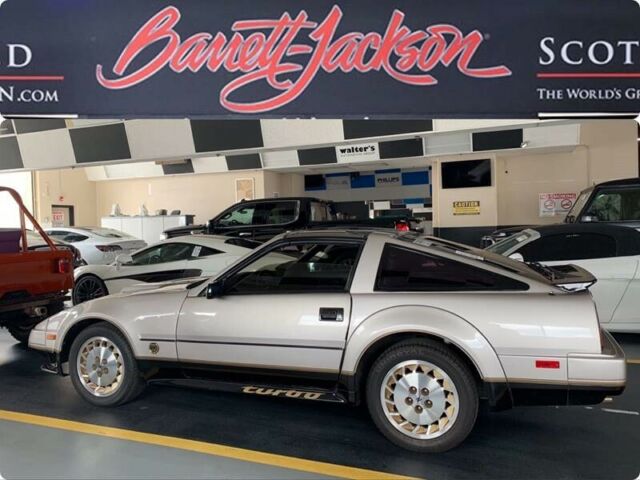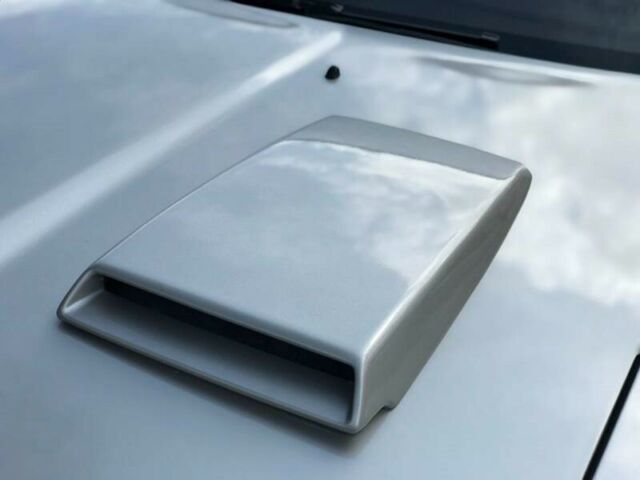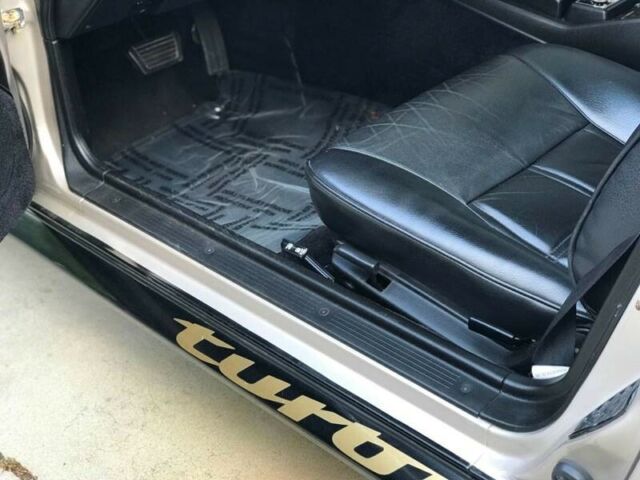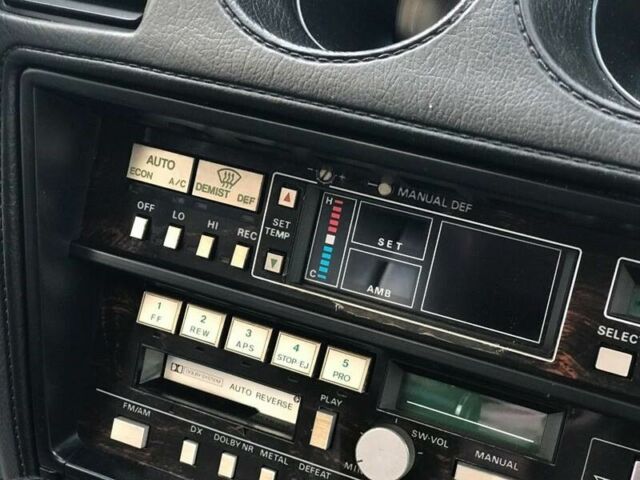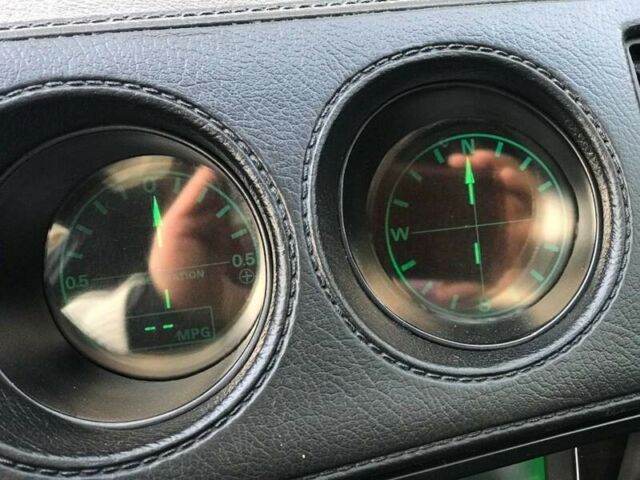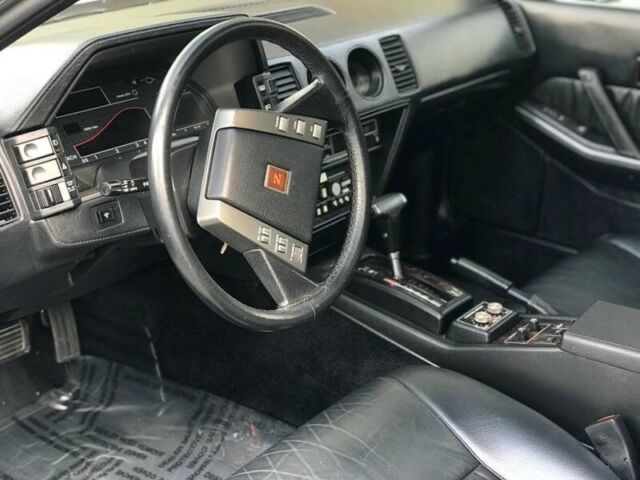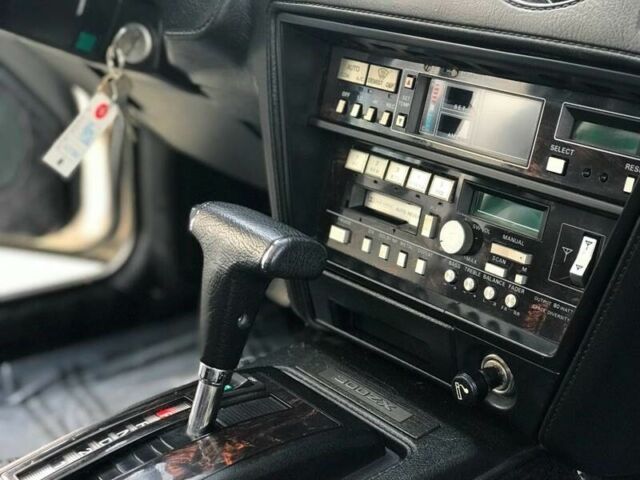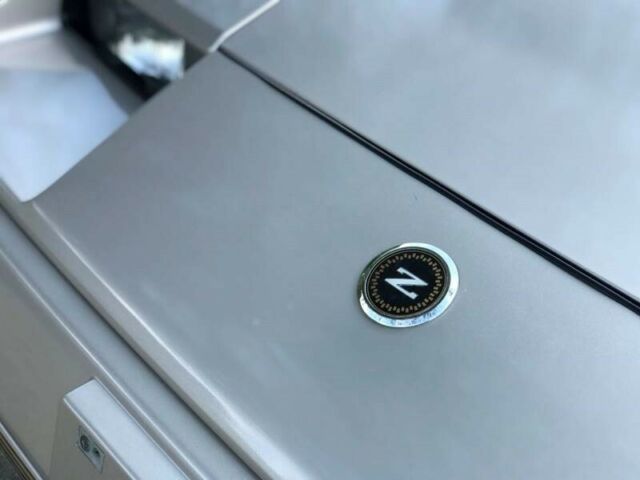1984 Nissan 300ZX 50th Anniversary Turbo 2dr Hatchback
- Location: Local pick-up only
- Condition: Used
- Make: Nissan
- Model: 300ZX
- SubModel: 50th Anniversary Turbo 2dr Hatchback
- Type: Hatchback
- Trim: 50th Anniversary Turbo 2dr Hatchback
- Year: 1984
- Mileage: 52000
- VIN: JN1CZ14S4EX013260
- Color: Tan
- Engine size: 3.0L V6 Turbocharger
- Power options: --
- Fuel: Gasoline
- Transmission: Automatic
- Drive type: --
- Interior color: Black
- Options: --
- Vehicle Title: Clear
1984 Nissan 300ZX 50th Anniversary Turbo 2dr Hatchback Description
1 OWNER JUST CAME FROM BARRETT JACKSON EXOTIC AUCTION From the February 1984 Issue of Car and Driver: The Nissan 300ZX Turbo seems to have it all: Collectibilit, speed! handling! braking! overhead cams, 50-th Anniversary edition, all the books records all original, A turbocharger! triple odometers! All the modern GT goodies are present and accounted for in one neat, f all: sex appeal. the ZX Turbo's pretty face. top speed: 240 km/, consider the bright side. Even when... saddled with an automatic transmission, the new ZX is one of the fastÂest cars on the market. Our hot-off-the-boat test car cranked out 60 mph in 7.3 seconds (a bit slower than its 280ZX predecessor), 100 mph in 20.1 seconds (quicker than before), and a pedal-near-the-metal top end of 134 mph. And, rather remarkable for a Japanese car, the 300ZX handles! It scored a sticky 0.79 g on the skidpad, and it did not spin, fishtail, or show any crankiness at all when tossed well past the limit during our evaluations. Its braking performance is just as impressive. In stopping tests from 70, we found good stability, minimal fade, and 191-foot brakÂing distances. It was a given that a new 3.0-liter V-6 engine would replace the 2.8-liter in-line six, which was both long of tooth and long of length. The usual upgrades here and there would be built around the more compact engine, but no tampering with the basic formula would be permitted. Americans were buying 72,000 units per year (90 percent of the car's production), making the Z-car far and away the most successful two-seater in hisÂtory, and no one was willing to rock the boat with a radical departure from tradiÂtion. If it's any consolation, the American-based engineers and product planners asked for a far bolder ZX than they got: acÂcording to our sources, they petitioned JaÂpan to knock off the Ferrari 308. Fortunately, the lack of beauty is only skin-deep. Mechanically and spiritually, the 300ZX is a joy, better in every way than any Z gone before. Let's start with the driver's seat. The bottom half is wide and easy to plug yourself into, and the upper half wraps satisfyingly around your ribs and shoulders with just the right amount of reÂstraint. There are adjustments galore. The headrest can be shifted in both up-and-down and fore-and-aft directions. The seat bottom moves the normal way, but you can also cant its rake angle to your heart's conÂtent. The under-thigh bolster can be inflatÂed with a small pump handle discreetly built into the front surface of the seat. Dialing in the seat sounds complicated, but it is in fact quite easy to find a friendly relationship with the instruments and conÂtrols. Once you reach the sweet spot, the view ahead has a weighty importance. The crash padding is thick and softly curved. The steering wheel is big enough for a Mercedes. There's a clear view of the high, wide, and deeply recessed cluster, which is filled with our kind of instruments: huge, round dials with easy-to-read needles and labels. The speedo goes to 145 mph, the tach runs to 8000 rpm, and the lesser inÂstruments reveal water temperature, fuel level (on both coarse and fine scales), oil temperature and pressure, and, last, how much boost the turbocharger is generating within the intake manifold. (Unfortunately, the boost gauge is spotted in far right field, so it's impossible to grab a reading at a quick glance.) At night, the instrument panel is a joy to behold, as soft, red, direct illumination and a sprinkling of green, blue, orange, and red highlights keep you on top of the cruise control, the elaborate (but easy to manage) air-conditioning sysÂtem, the fog driving lights, and warnings of impending doom. Key the indicators to life, and goodness turns to greatness. A throaty rumble under the hood of a nicely tuned intake system complements the instant throttle response that only fuel injection seems able to delivÂer these days. The automatic takes up the slack in the driveline with hardly a click and you
 1984 Nissan 300ZX 50th Anniversary Turbo 2dr Hatchback RARE MINT CONDITION
1984 Nissan 300ZX 50th Anniversary Turbo 2dr Hatchback RARE MINT CONDITION
Mileage: 50000
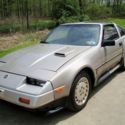 1984 Nissan 300ZX Turbo 50th Anniversary
1984 Nissan 300ZX Turbo 50th Anniversary
Mileage: 65,507
 1984 Nissan 300zx Turbo 50th Anniversary Model
1984 Nissan 300zx Turbo 50th Anniversary Model
Mileage: 48,000
 1984 Nissan 300ZX Turbo 50th Anniversary Edition
1984 Nissan 300ZX Turbo 50th Anniversary Edition
Mileage: 175,000
 1984 Nissan 300ZX Turbo 50Th Anniversary Edtion
1984 Nissan 300ZX Turbo 50Th Anniversary Edtion
Mileage: 210,000
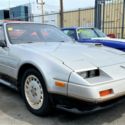 1984 Nissan 300zx Turbo 50th Anniversary 5-Speed
1984 Nissan 300zx Turbo 50th Anniversary 5-Speed
Mileage: 120021
 1984 Datsun/Nissan 300ZX Turbo 50th Anniversary Edition
1984 Datsun/Nissan 300ZX Turbo 50th Anniversary Edition
Mileage: 110000
 1984 Nissan 300ZX Turbo Coupe 2-Door 3.0L 50th ANNIVERSARY
1984 Nissan 300ZX Turbo Coupe 2-Door 3.0L 50th ANNIVERSARY
Mileage: 150,000
 1984 NISSAN 300ZX 50TH ANNIVERSARY TURBO EXCELLENT COLLECTOR CONDITION
1984 NISSAN 300ZX 50TH ANNIVERSARY TURBO EXCELLENT COLLECTOR CONDITION
Mileage: 52,209
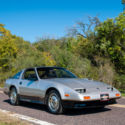 1984 Nissan 300ZX Turbo, 50th Anniversary Edition, 25,000 miles, Original Paint
1984 Nissan 300ZX Turbo, 50th Anniversary Edition, 25,000 miles, Original Paint
Mileage: 25,090

